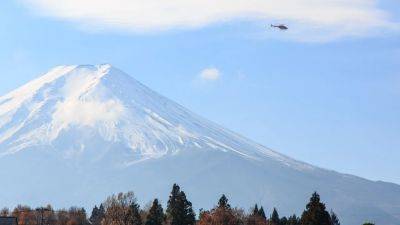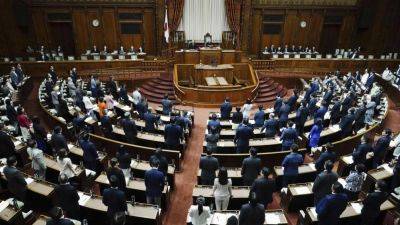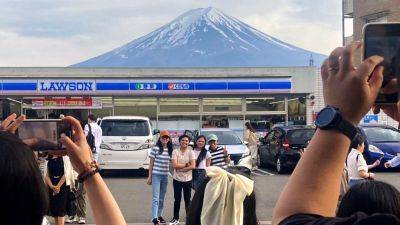Japan’s compliant, ‘elite’ media blamed for poor press freedom ranking: ‘they don’t want to rock the boat’
Japan’s “traditional and business interests, political pressure and gender inequalities often prevent journalists from completely fulfilling their role as watchdogs”, Reporters Without Borders said, arguing that since “the rise to power of the nationalist right” in 2012, Japanese journalists have experienced “a climate of distrust, even hostility”.
It also criticised Japan’s system of ‘kisha’ clubs – government-sanctioned news associations affiliated with ministries that are only open to established media outlets and have the right to deny or limit access to reporters if they publish news that conflicts with government’s stance.
The origins of ‘kisha’ clubs can be traced back to 1890 when the first Imperial Diet imposed a ban on reporters. In response, journalists banded together with the support of newspaper companies to establish the inaugural press club and lobby for access rights.
Despite pressure from foreign media, the ‘kisha’ club system has effectively remained the same ever since, promoting “self-censorship” and “blatant discrimination against freelancers and foreign reporters”, Reporters Without Borders said.
Japanese media exhibits a tendency to engage in self-censorship with only minimal pressure from the government or influential business partners, the watchdog said, meaning that sensitive subjects – such as corruption scandals, sexual harassment and pollution – often receive inadequate coverage.
“Abe made sure that he was friends with the heads of the major television networks and the newspapers and would go out to dinner with them,” Watanabe told This Week in Asia.
And while there is no suggestion that Abe ordered the nation’s media executives to write positive stories about him and his government, Watanabe says







